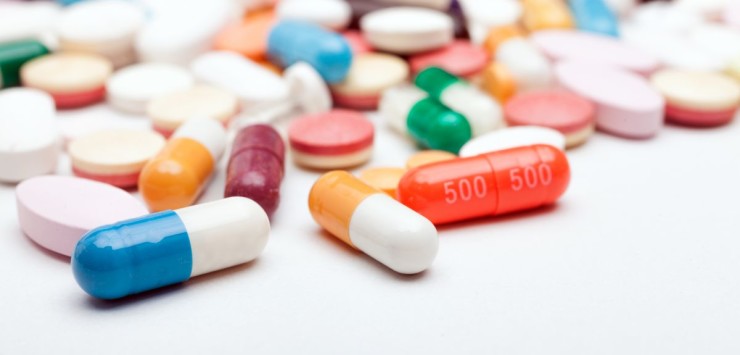There is no medicine that has no potential side effects, i.e. actions other than the therapeutic ones forwhich it was taken. These reactions may not be related to the drug but may be symptomatic or may be caused by the reason for which the drug was taken (e.g. the infection). They may also be due to overdose or an interaction with another drug. Finally, they may be unanticipated reactions in which the immune system is involved - these include allergic reactions.
But because the third category is the least common, it is no coincidence that many patients mistakenly think they have an allergy to a drug. In reality, genuine allergic drug reactions are far fewer and here the role of the allergist is particularly important in removing doubts and preventing the mistaken avoidance of taking potentially necessary medication.

In order for a drug allergy to be triggered, the same or a related drug must have been taken at least once before. Therefore, tolerance of a drug in the past does not necessarily imply tolerance in the future. Although any drug can cause an allergy, it is the drugs most commonly used in the pediatric population (antibiotics and anti-inflammatory drugs) that cause the most allergic/immunological reactions.
The diagnosis of drug allergy is multidimensional with the main element being the history of the reaction. The patient should know at what dose and how long after taking it they developed symptoms. What form these symptoms took and how they subsided. He should know in detail all the drugs he was taking at the same time and whether he had taken them before. Also, the reason why they were prescribed. All this information is necessary in order for the doctor to approach the problem correctly. In many cases, however, the data is not clear and the solution is given by the challenge test. The patient is given gradually increasing doses of the drug in the unit and his reaction is observed in order to make a definitive diagnosis of allergy.



